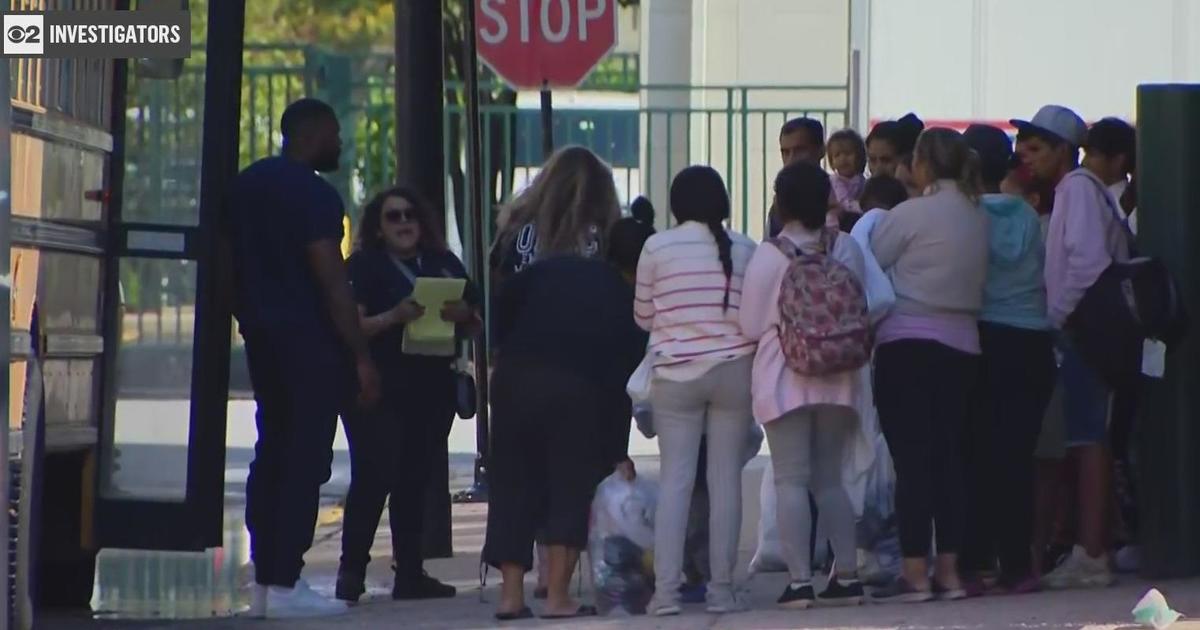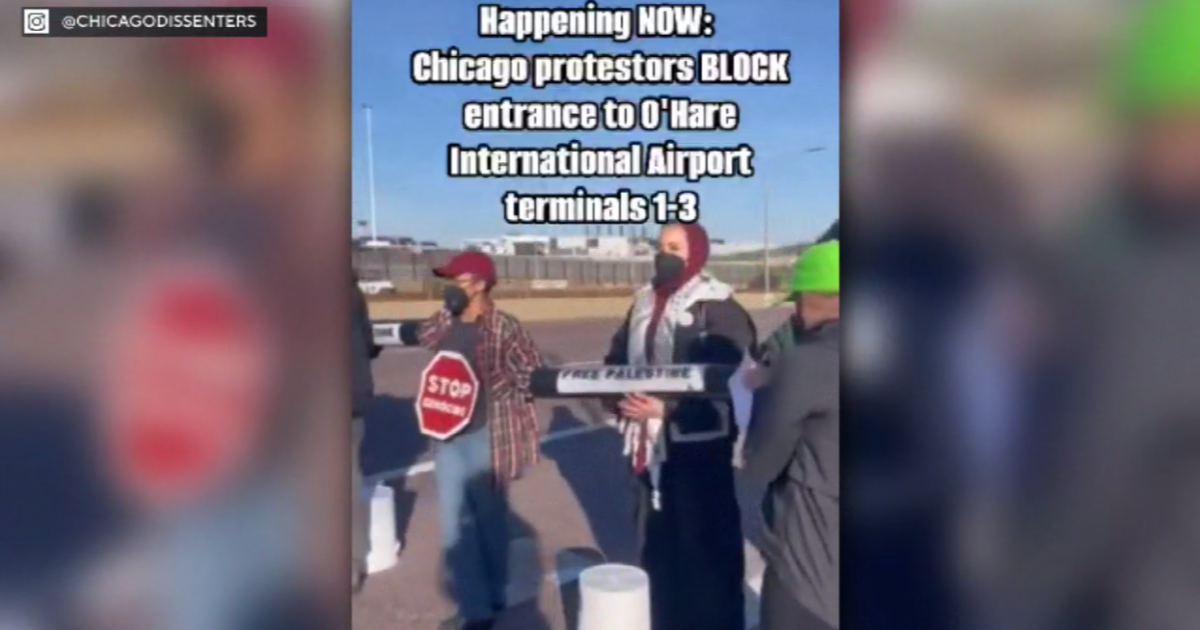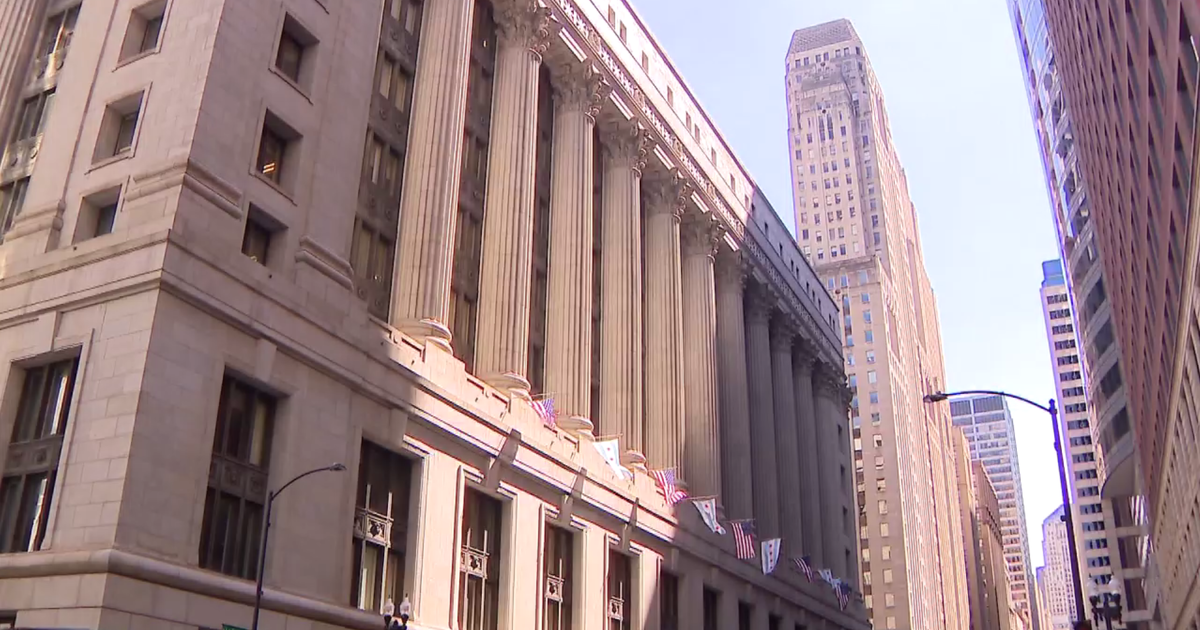Governor Expected To Get Education Funding Plan, Issue Prompt Veto
CHICAGO (CBS) -- Illinois lawmakers were returning to Springfield on Monday for a showdown on money for public schools, as the Illinois Senate prepares to send the governor education funding legislation he has vowed to rewrite.
Two months ago, the House and Senate approved legislation that would overhaul how the state distributes money for public schools, but Gov. Bruce Rauner has said he'll use his amendatory veto powers to change the bill over objections to funding for Chicago Public Schools.
The governor has not spelled out exactly what he'll do with the legislation before sending it back to the Senate, but has called the measure a bailout for CPS at the expense of other school districts.
The House and Senate were scheduled to hold special session at noon to address school funding. With the first state checks to schools set to go out soon, if lawmakers don't find an agreement on education funding, many schools risk not being able to open in the fall.
The school funding legislation at the center of the dispute in Springfield, Senate Bill 1, would change the way Illinois public schools are funded, by using what's known as an "evidence-based" formula, which provides additional money for economically-disadvantaged districts without reducing funding for other districts. A clause in the state budget lawmakers approved over Rauner's veto would prevent schools from receiving state funding without the new "evidence-based" formula in place.
Senate Bill 1 includes $220 million to help CPS fund teachers' pensions, and a $250 million special block grant.
Rauner has called that extra money to CPS a bailout for past pension shortfalls, and his office has said he will use his amendatory veto power to slash that money. The governor has declined to provide details of his plan to change the funding bill, or how he calculated the changes he plans to make.
The Senate approved the legislation with a veto-proof majority, and although the House vote was short of the three-fifths majority needed to reject Rauner's changes, Speaker Michael Madigan has said he thinks there's a good chance for an override.
Lawmakers might not vote immediately on an override once the governor issues his veto. The Senate has 15 days to take up any veto, and then the House has 15 days after the Senate votes. If either side fails to vote on the veto, or the two chambers do not agree whether to override it, the legislation dies.


